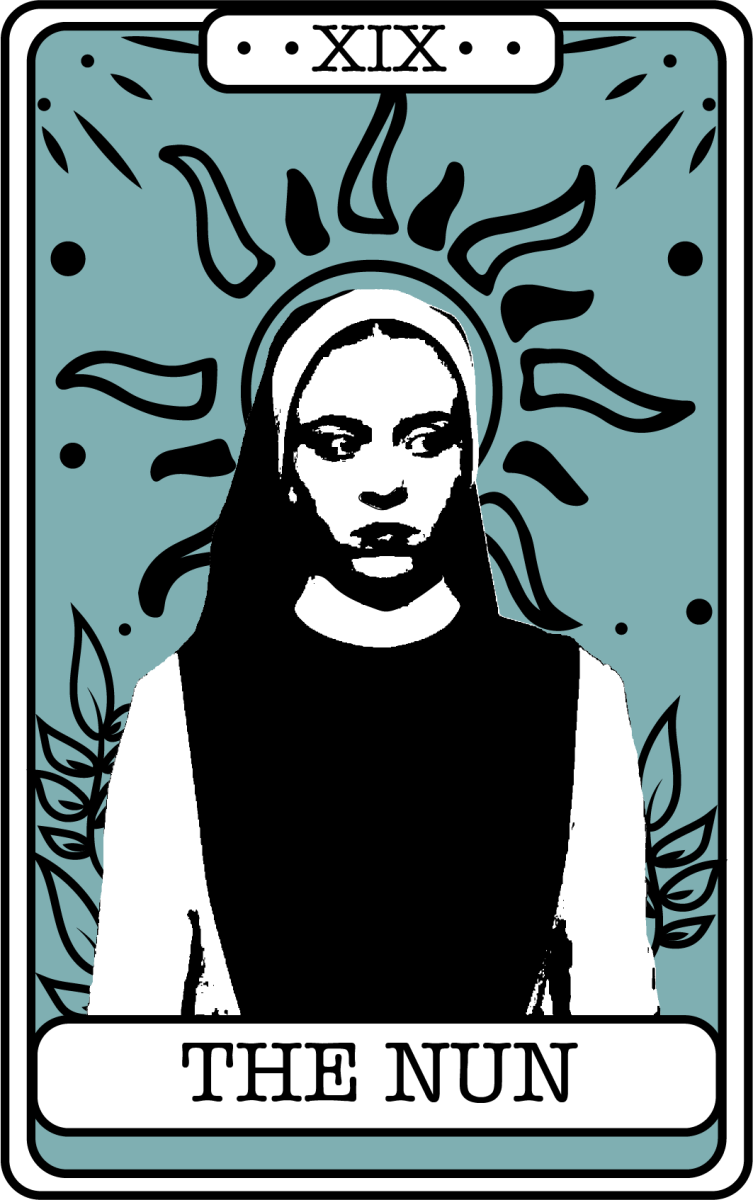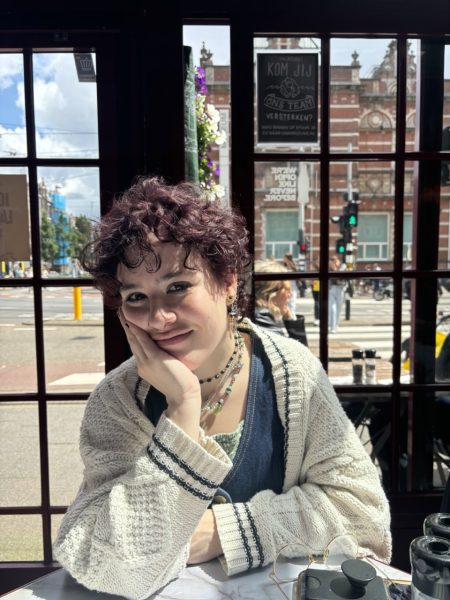Without its leading lady, “Immaculate” wouldn’t have a prayer of being particularly memorable. The psychological horror movie plays out pretty predictably for its first two acts, over-reliant on jumpscares and worshiping at the altar of earlier, better films. Substitute the convent and gilded set decoration for a ballet school and colored lights, and “Immaculate” is nearly an identical match for “Suspiria,” Dario Argento’s influential 1977 horror classic. It’s only the film’s last half hour that really comes alive, but even with a few improved scares, “Immaculate” still fails to nail its ending.
Fortunately, the film has the holy grail of Hollywood going for it: Sydney Sweeney headlines and produced the religious thriller.
Sweeney has emerged as one of the most exciting and successful young actors in recent show business. She’s Emmy-nominated for her work on the HBO dramas “Euphoria” and “The White Lotus.” She’s a proven box office draw even in the face of mediocre reviews, as “Anyone But You” proved with its $200 million pull last year. Sweeney has also broken into the producing scene, developing movies like “Anyone But You” and “Immaculate” with her own production company, Fifty-Fifty Films.
According to The Hollywood Reporter, Sweeney originally auditioned for her role in “Immaculate” a decade ago. The movie was never made, but Sweeney had faith in the project. Ten years on, Fifty-Fifty Films has resurrected the project for the big screen, with Michael Mohan, a frequent Sweeney collaborator, in the director’s chair. Regardless of the film’s narrative merit, its story from script to screen is worth celebrating, particularly on the basis of Sweeney’s role in the conception of “Immaculate.”
The film follows a nun from the U.S. named Sister Cecilia, played by Sweeney, who is invited to stay at an Italian convent that cares for nuns in their old age.
The film is beautifully shot, making the most of its ornate setting with carefully composed frames. The poise with which Mohan’s camera captures the convent is reflected in the convent’s inhabitants. The Italian priests and nuns are either primly devout or overly gracious towards Cecilia, but steadfast either way. The gracious type is embodied by Father Tedeschi, played by Álvaro Morte, the man who extended the invitation to Cecilia and serves as her spiritual guide and Italian translator as she settles into life at the convent.
“Immaculate” can be commended for its usage of Italian. Large swathes of the film are spoken in the language, and with the exception of Sweeney and the Spanish-born Morte, all of the principal performers are Italian themselves. The movie feels authentic for this reason, and between the strong direction, performances and set-up, “Immaculate” should feel divine. But despite the Italian in the script, the movie’s language is all too familiar. Instead of leaning into the gothic theatrics of old-European Christianity, the movie opts for sterile scares.
At 89 minutes, “Immaculate” is a breezy time at the movies. It’s easy to recommend for a night out, and has enough there in its final act to be worth the price of admission despite its troubles in the first hour. Even if the film isn’t the second coming of Christ, it’s still exciting to witness Sweeney’s rising star.
Rating: 3/5 Yosefs




